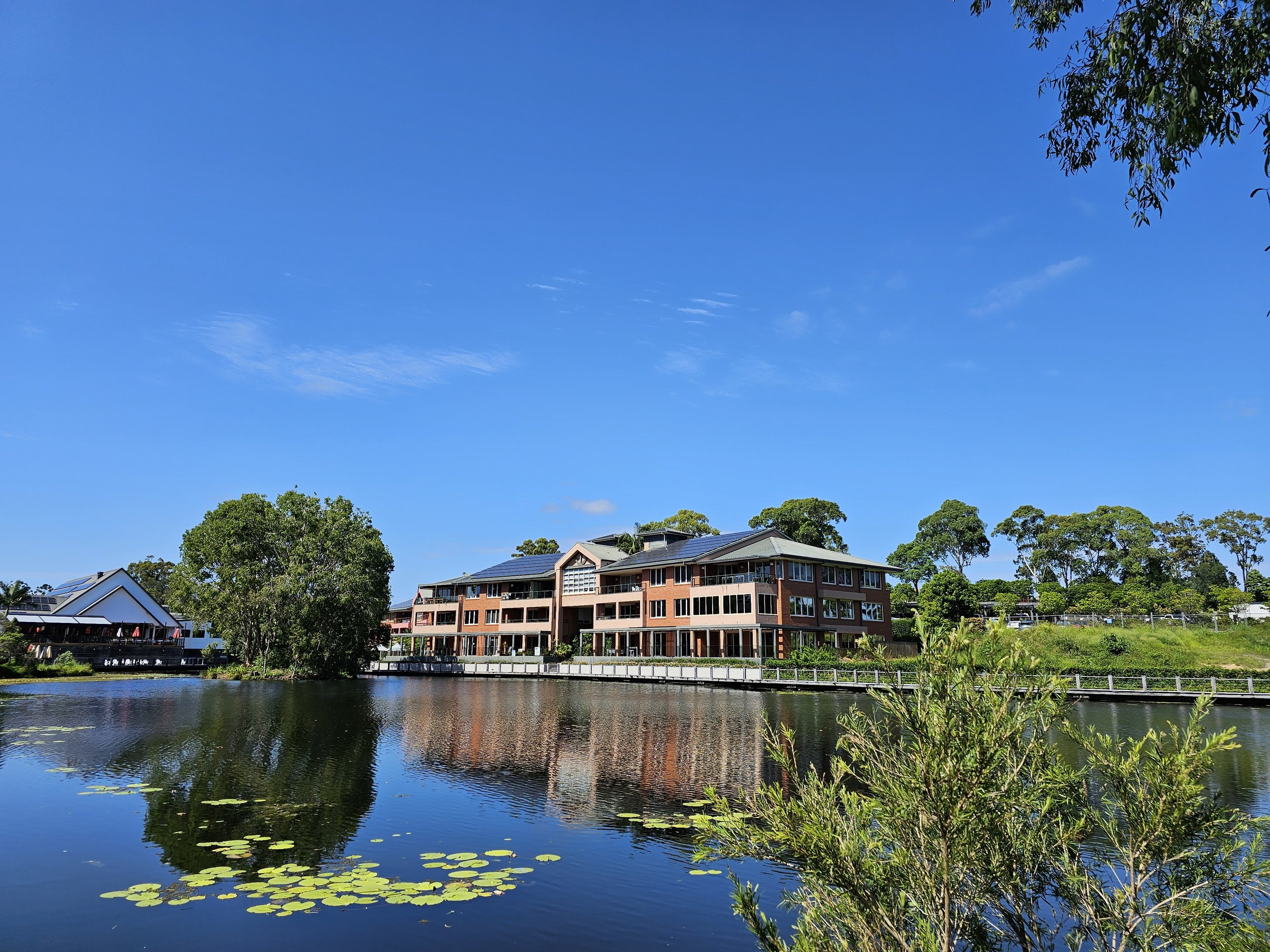
Leading Psychologists and Psychiatrists on the Gold Coast
Personalised Care for Every Stage of Life
Looking for compassionate and professional psychological or psychiatric support on the Gold Coast? Since 2000, Lakeside Rooms has been a trusted space for individuals and families seeking expert care in a safe, private, and welcoming environment.
Lakeside Rooms has psychologists, psychiatrists, and client care staff who are here to support you on your journey to better well-being.
Welcome to Lakeside Rooms: A Psychology & Psychiatry Practice on the Gold Coast
We understand that seeking mental health support can feel overwhelming—but you don’t have to face it alone.
Lakeside Rooms offers a warm and welcoming space for people of all ages who need compassionate and responsive care. Our experienced psychologists and psychiatrists provide personalised support in a safe and private environment, helping you navigate life’s challenges with confidence.
At Lakeside Rooms, you’ll receive care from experienced psychologists and psychiatrists who tailor their approach to best support your needs. Because our practitioners set their own schedules and fees, they have the flexibility to provide focused, high-quality care in a way that suits their expertise. While they run their practices independently, they are part of a supportive team, ensuring you receive the best possible care in a safe and private environment.
We focus on what matters to you.
Feeling better is closer than you think!
Explore Our Range of Services
Lakeside Rooms offers comprehensive, evidence-based psychological services designed to meet the diverse needs of individuals, families, and organisations.
-

Therapy for Children, Adolescents & Young Adults
Supporting emotional well-being, resilience, and personal growth for younger clients.
-

Therapy for Adults
Empowering individuals to navigate life’s challenges, improve mental health, and achieve personal goals.
-

Couples & Relationship Therapy
Strengthening connections, resolving conflicts, and fostering healthier relationships.
-

Group Therapy & Workshops for Children & Youth
Providing a supportive environment to build social skills, confidence, and emotional resilience.
-

Group Therapy & Workshops for Adults
Encouraging personal growth, shared experiences, and mutual support within a group setting.
-

Assessments for Children, Young People & Adults
Comprehensive psychological and educational assessments tailored to individual needs.
-

Employee Assistance Program (EAP)
Supporting workplace mental health and well-being through tailored counselling and support services.
-

National Disability Insurance Scheme (NDIS)
Providing psychology and individual counselling services to NDIS Self-Managed and Plan-Managed clients under Capacity Building Supports (Improved Daily Living).
Meet the Practitioners
Lakeside Rooms practitioners are dedicated to providing support for a wide range of psychological challenges.




